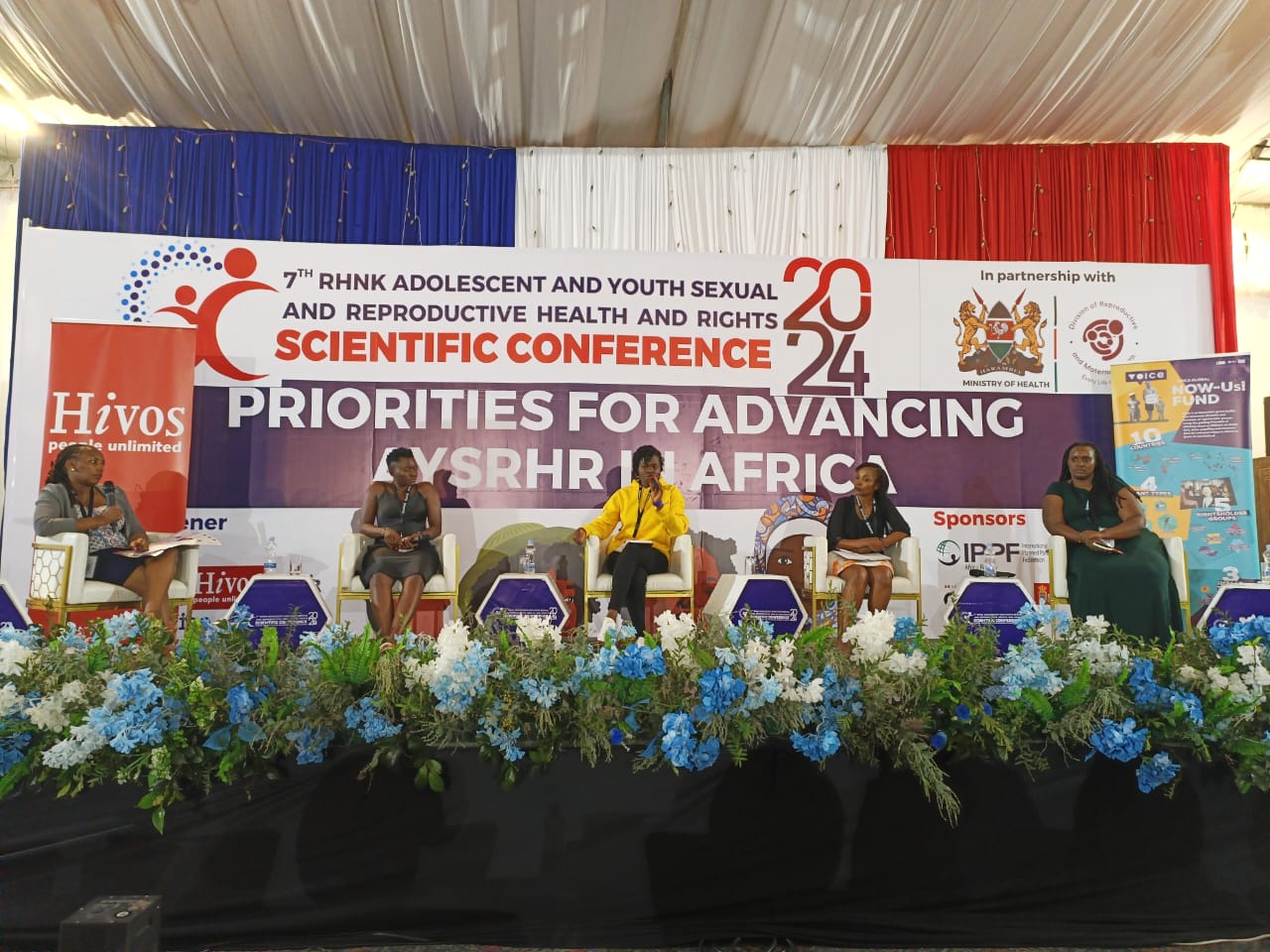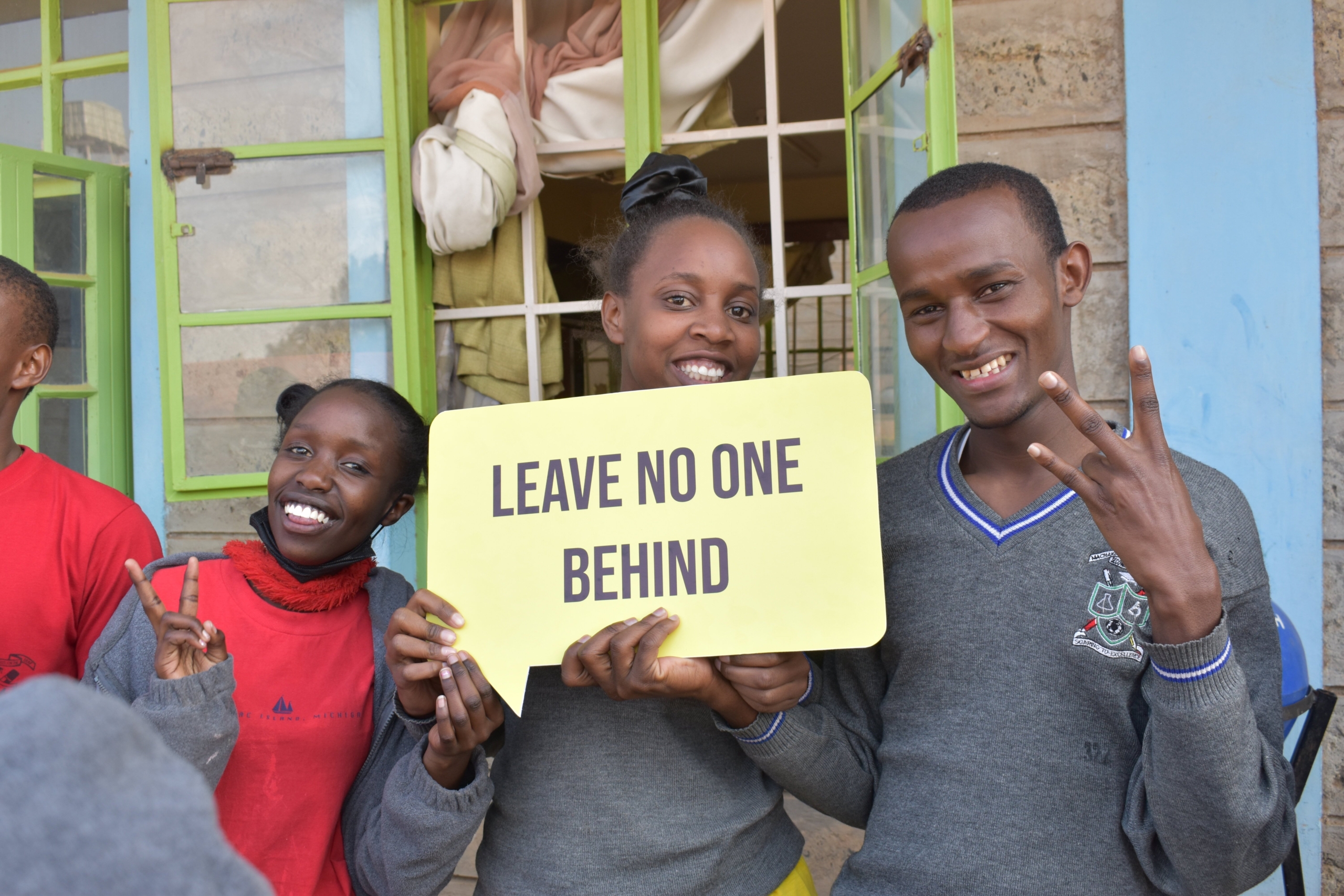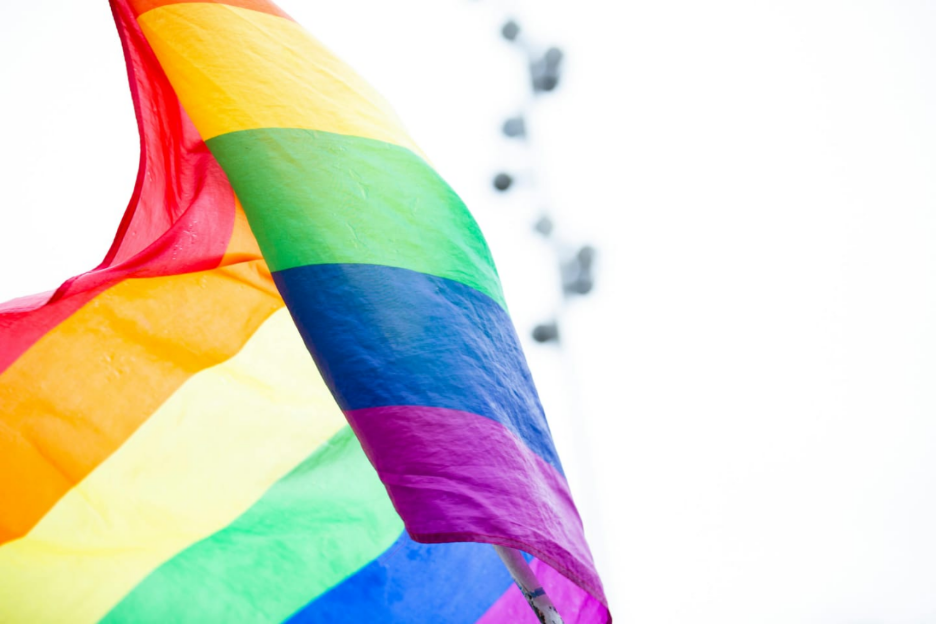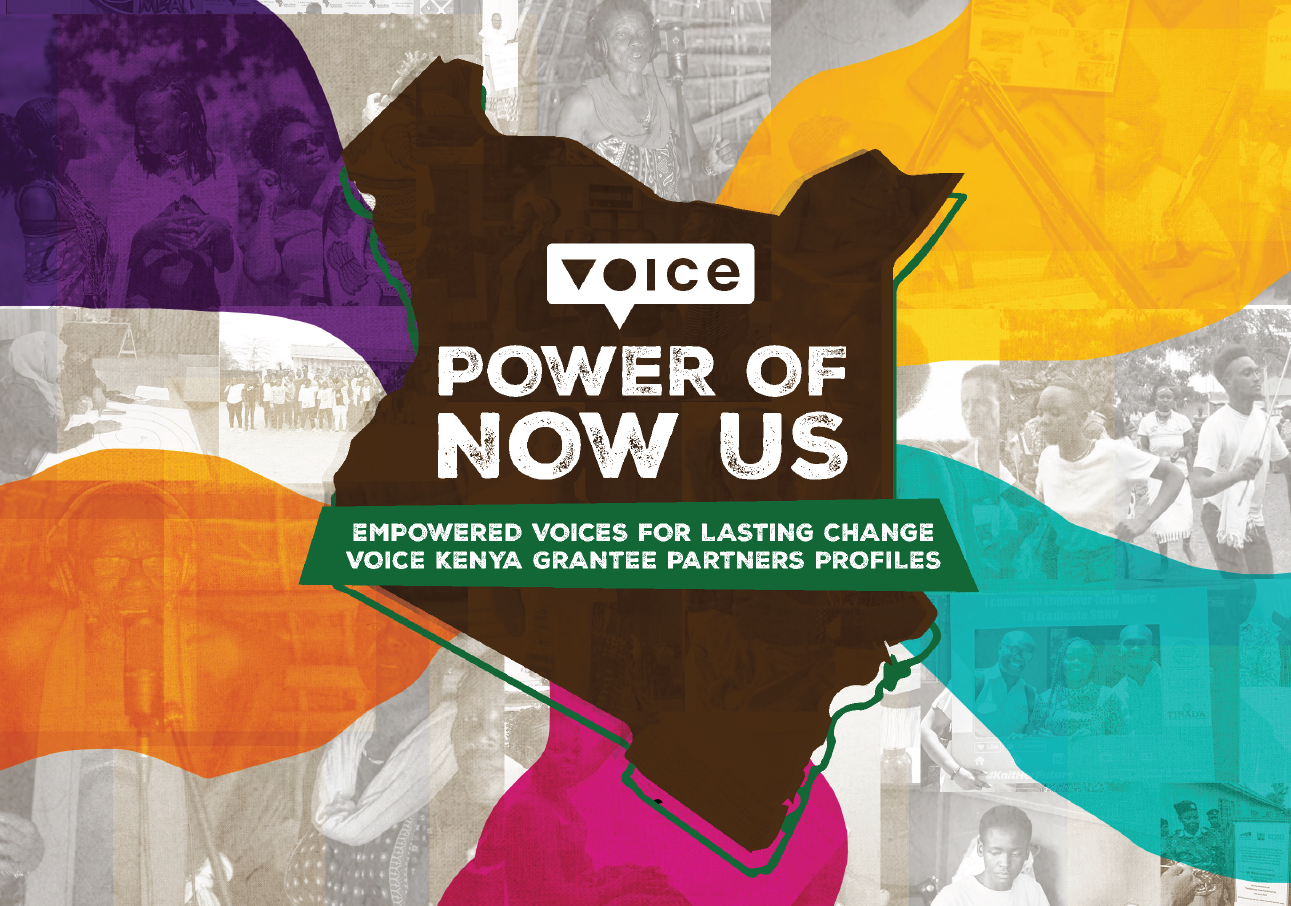Breaking barriers: The digital library revolutionising deaf education and reproductive health
by Anne Gloria, Executive Director, Deaf Outreach Program, Kenya, and Cynthia Makena Koome, Linking, Learning, and Amplification Officer, Voice in Kenya
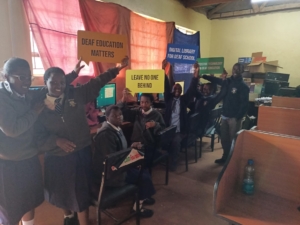
In the vibrant city of Embu County, where the sights and sounds merge seamlessly with bustling markets, colorful streets and the scenic backdrop of Mount Kenya, the community thrives on diverse agricultural activities like tea and coffee farming and the emerging khat cultivation which presents both challenges and opportunities for its residents.
However, amidst this bustling environment, significant challenges persist for certain segments of the population, particularly the deaf community. Due to the silent nature of their disability and the foundation of communication barriers they face, they find themselves excluded from participating fully in economic and social life. Recognising this disparity, the Deaf Outreach Program has emerged as a beacon of hope, dedicated to addressing these barriers through innovative approaches. With a unique mission focused on mainstreaming deaf and disability rights in development through leveraging on sign language accessible technologies to promote education, reproductive health, and broader inclusion for the deaf community.
One of their unique innovations supported by Voice was the development of Deaf Digital Library which is largely an offline learning management system designed for use in Deaf schools by Deaf learners with content being delivered in Kenya Sign language. The learning management system is on early development but so far has 4 key components of information access at different levels namely, Primary level, secondary level, tertiary level and an open Life Skill tab with age-appropriate comprehensive sexual reproductive health and rights (SRHR) information.
The development of the Digital Library has enabled DEAFOP to have a one-stop-shop knowledge management and offline dissemination support for all their content development aligning with education and reproductive health content. As such, within the Digital library, DEAFOP has integrated their previous SRHR -sign language App content and SRHR themed film within the life skill tab enabling DEAFOP to increase their reach from the current 1500 users on the app to an additional 1000 Adolescents youth and girls offline in the digital library.
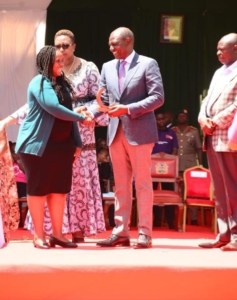
The digital library seeks to solve a major challenge of lack of sign language accessible content and platform for Deaf person in education and reproductive health which as a result contributes to low learning outcome, unguaranteed transition to higher education, misinformed sexual and reproductive health choices, increased vulnerability to early and unwanted pregnancies, and heightened susceptibility to gender-based violence perpetuating the cycle of poverty within Deaf community.
During the 2024 International Women’s Day, DEAFOP’s work, was recognised and awarded a trailblazer award for their incredible contribution to reproductive health promotion, not under the disability category but as a broader model for women and girls’ access to SRHR information. The Digital Library played a key contribution to the award as it equips DEAFOP with an effective, bandwidth-free digital solution for Deaf education and support in reproductive health especially for Deaf persons within school setup and it provides and builds up on Deaf person’s Agency to choose and map out their education and reproductive outcome in their life journey.
However, for the full digital library impact and realisation, more investment needs to be done especially in the support of content development both for curriculum content as well as ongoing reproductive content. But the beauty is that having developed and tested the digital library, there is much remaining work to fill in the library with additional content for all levels and scale up including all Deaf schools.

